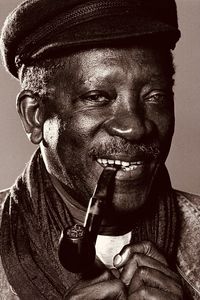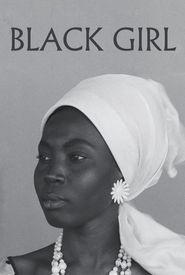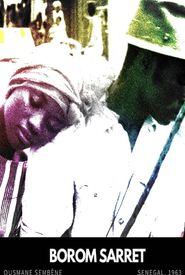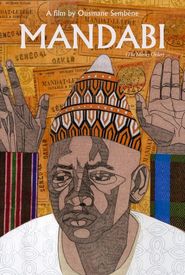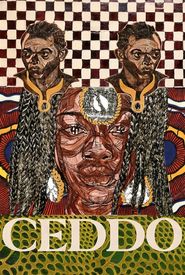Ousmane Sembène, a highly acclaimed and influential Senegalese filmmaker, emerged onto the cinematic scene on January 1, 1923, and went on to leave an enduring and profound impact on the world of filmmaking, a testament to his remarkable creative genius and innovative storytelling prowess, until his untimely passing on June 9, 2007.
Biography:
Ousmane Sembène was born in Ziguinchor, Senegal, to a family of modest means. He was the youngest of 14 children. Despite the challenges he faced in his early life, Sembène's natural talent for storytelling and his passion for the arts led him to pursue a career in filmmaking. He began his journey in the 1950s, working as a dockworker and a trade unionist, while also writing plays and novels.
Sembène's big break came in the 1960s when he began making short films and documentaries. His feature film debut, "Borom Sarret," was released in 1963 and was a groundbreaking work that explored the struggles of the working class in Senegal. This film marked the beginning of Sembène's long and illustrious career as a filmmaker.
Throughout his career, Sembène was committed to telling stories that reflected the experiences and struggles of the African people. His films often tackled tough subjects such as colonialism, poverty, and social injustice. He was known for his unique storytelling style, which blended elements of traditional African storytelling with modern filmmaking techniques.
Sembène's most famous film is probably "Moolaadé," which was released in 2004. This powerful and thought-provoking film explores the tradition of female genital mutilation in Senegal and the struggle of women to break free from this oppressive practice. The film was widely acclaimed and won numerous awards at film festivals around the world.
Throughout his career, Sembène received numerous awards and accolades for his work. He was a pioneer in the development of African cinema and was recognized as one of the most important and influential filmmakers of his generation. His legacy continues to inspire and influence filmmakers and artists around the world.
